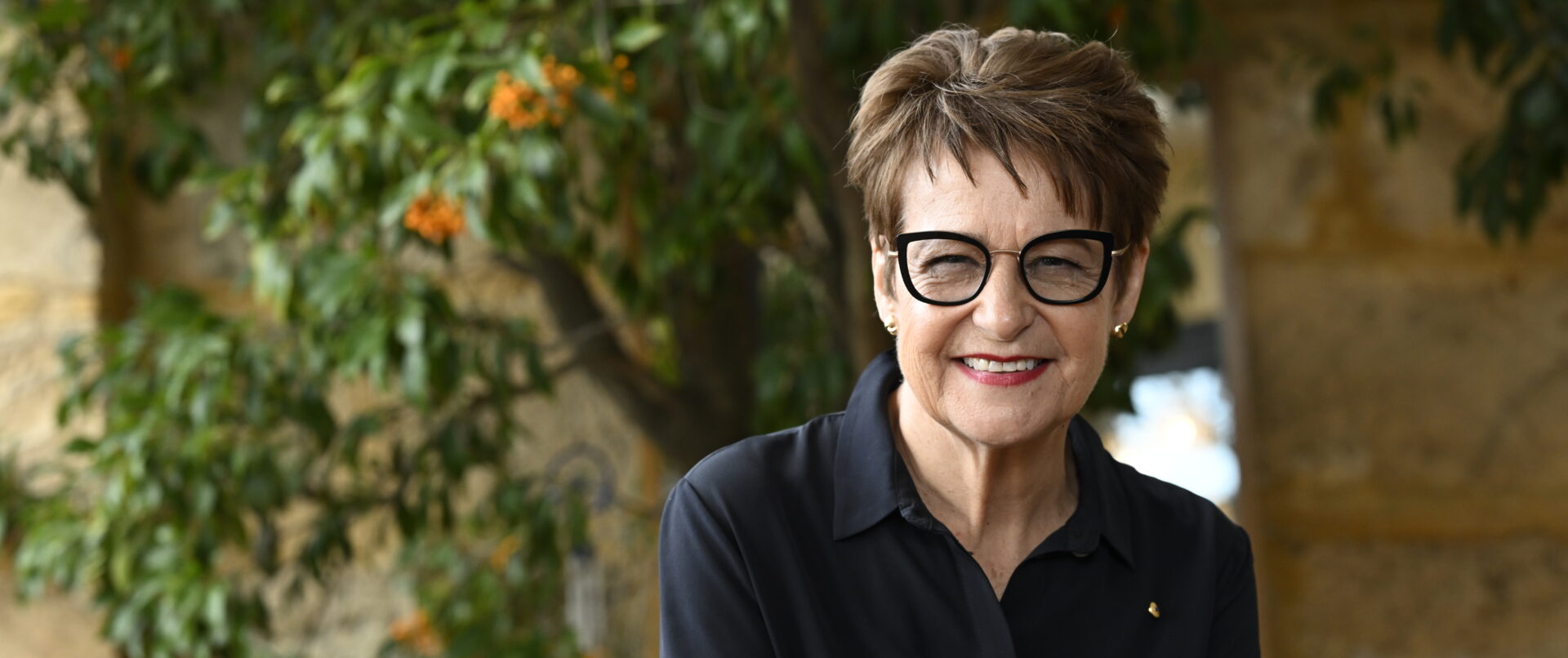
It is an illustration of how the introduction of technology often lags scientific discoveries, as it takes a while for the engineering capability and hardware to deliver applications reliably or cost-effectively.
“We worked with eight banks – asking what they wanted [on] artificial intelligence. What does it look like in banking, what are the possible applications and how would it help?”
The setting up of this project underscores how IMI, while being best known for expertise in economics, geopolitics and strategy, had a valued technological capability.
“I didn’t come across that happening in other business schools …The big IT firms, like IBM, came to IMI for major consulting and then as a spinoff, we were asked to come in and do consulting projects.”
Studying an international MBA in Switzerland, for a daughter of Ukrainian immigrants raised on the Australian island of Tasmania, was an experience that opened a world of opportunities for Eva – not least because she finished top of the class, with a distinction.
She was one of only two women in the 49-strong cohort, although does not recall gender being a significant issue – in part because they were all working and studying so intensely. It was a “transformational” year for her, she says, citing three primary factors: the international diversity of faculty and the cohort, the setting of Geneva as a leading European city, and the breadth and depth of the course.
A vivid memory is of the then Program Director Juan Rada gesticulating animatedly during a lecture on the global economy, pointing at different sections of the whiteboard when addressing different aspects of trade and capital flows, yet with the board remaining blank throughout the whole talk.
“I just had the image of him painting the whiteboard with his hand .. I always remember the power of that.”
After graduating she returned to her employer, at the time the Commonwealth Bank in Australia, but was somewhat overqualified for the role. Subsequently she was placed to complete strategic development work, which led to the creation of a non-banking financial services division which went on to become highly successful and ultimately spun off.
After that, she moved into stockbroking focused on institutional clients and dealing in securities including derivatives. Then, in 1992 her husband was offered a role in the resources industry in Western Australia, the other side of the country. They relocated and started a family.
Thereafter her career began to take off in a different direction. Her international MBA helped her to be appointed to a board role, and working part-time fitted well with family responsibilities. More offers came in, and after a few years she had a full-time non-executive director portfolio career. Her roles have included Chair of Water Corporation of Western Australia (the largest water utility in Australia), ASX listed Macmahon Mining Services, Director of Western Power (energy transmission and distribution), Deputy Chancellor of Murdoch University and Deputy Chair of the Western Australia Cricket Association, among many others.
“I’ve loved it. I think it’s been an environment that has really suited my skill set, my temperament, my capacity. I have a mind where I’m really happy to leave operations to those who do the operations. I’ve never been accused of wanting to be the CEO.”
Key to the role is judging the right balance between challenging the executive, and not interfering too heavily. The board has to ensure alignment with the values of the organization and with strategy, but the executive may be closer to the market, so strategy cannot be too rigid. Businesses have to be more adaptable, agile and high-performing, and more so with the passage of time.
“Capital cycles have been compressed – you know, capital investment cycles. So whereas [before] you might have had a 25-year horizon, now, you’ve got a seven-year or even shorter horizon.”
At Western Power, for example, a long established “poles and wires” electricity provider, it has had to accommodate the rise of domestic solar power usage. Around a quarter of homes in Perth, the capital of Western Australia, have solar panels, and can export surplus energy back into the grid. This requires a major re-engineering of the infrastructure.
She enjoys the variety of being on boards in commercial, non-profit and also faith-based organizations. Her Catholic faith is important to her, and she has chaired both the St John of God Health Care, the largest private non-profit hospital provider in Australia, and the Catholic Education Western Australia, responsible for some 158 schools. Eva has been awarded an Order of Australia for service to business and has also received the Gold Medal for Director of the Year awarded by the Australian Institute of Company Directors.
A non-executive career is the ultimate strategic leadership role, requiring to hold in balance multiple, often divergent, forces. An enquiring mind, a strong decision-making capability and integrity are minimum requirements. Eva Skira has displayed all these, and more.



